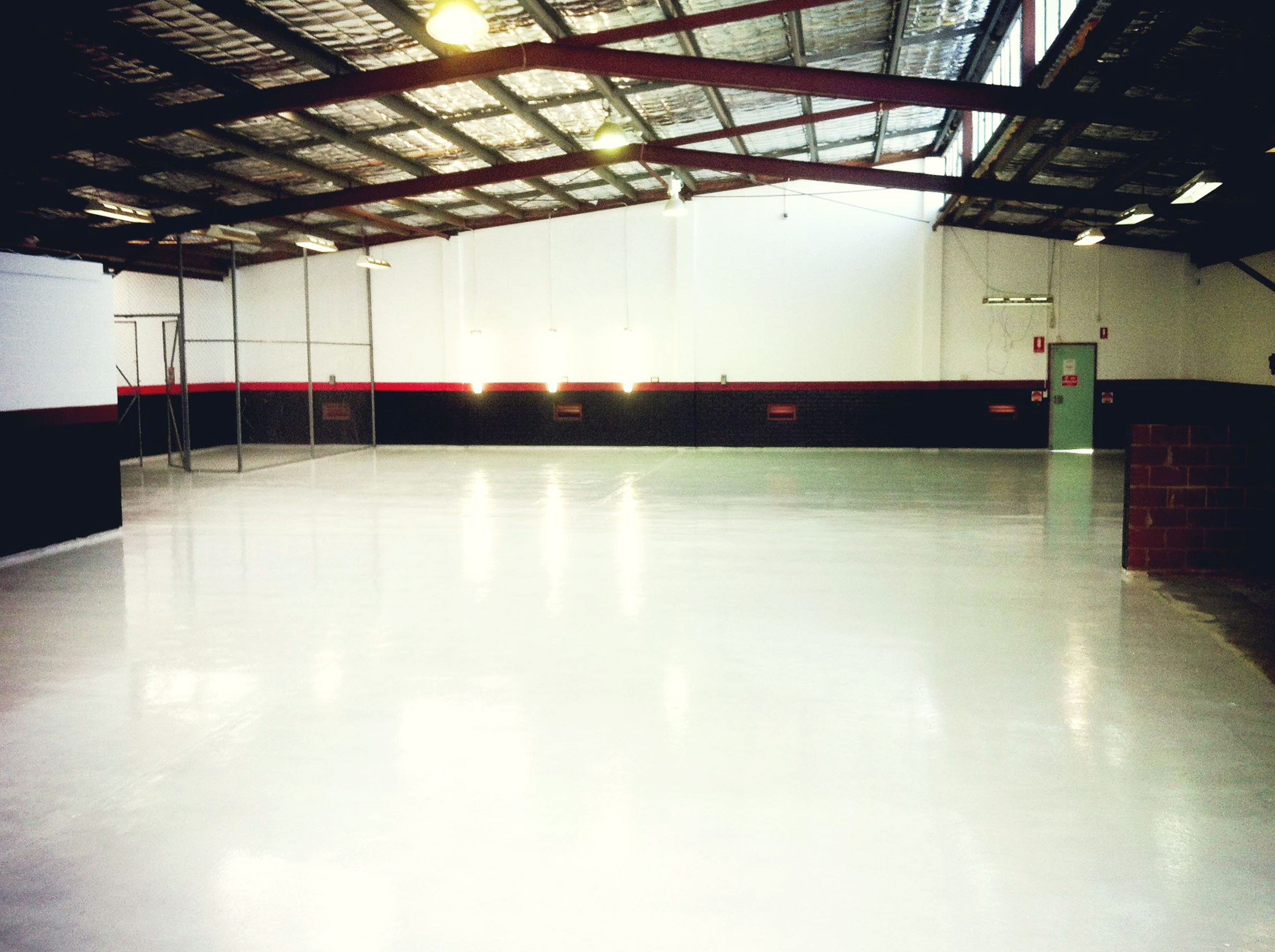What is Polyurea? A Glossary of Terms for Concrete Flooring Contractors

2017-09-19
Whether you are training a new team member, explaining technical aspects of your project to a client or navigating the finer points of industry lingo, consider this article series a resource to share with staff and customer. When it comes to polyurea concrete floor coatings, there are many terms bandied about that are more scientist- than layman-speak– not least of which is "polyurea!"
So, what is polyurea?
A chemist would define polyurea as "a type of elastomer derived from the product of reacting an isocyanate component with a synthetic resin blend component. The isocyanate can be aromatic or aliphatic in nature. The result is a rubber or soft plastic compound that may be used in many of the same ways as older protective coating technologies."
Right...what he said. That last bit about coatings was more intelligible, but elasto-who? Alipha-whatsit?
Let's unpack what these terms mean in practical terms, so you can better explain the science behind your process to a team member – or better justify your use of polyurea over other materials to a client.
Protective coatings such as polyurethane and epoxy have been used for decades to protect against corrosion and water, resist abrasion, chemicals, and environmental and atmospheric conditions, strengthen structure and enhance appearance.
So, if these coatings work, why change a good thing?
Polyurea has three advantages, important to any installer coating a concrete floor:
• Greater durability to match whatever the floor is subjected to;
• Increased flexibility to expand and contract with the natural movement of the substrate;
• And quicker cure time.
How does polyurea do all that? The answer lies in the science behind the coatings.
Polyurethane, epoxy and polyurea are all polymers, which literally mean "really big molecules" (poly- = "many," -mers = "parts"). A polymer consists of many molecules strung together to form long chains &emdash; thousands- to millions-of-molecules-long chains.
Polymers are huge compared to other molecules, so they act differently. Some bend, twist and tangle ("chain entanglement"), while others stack and stick to each other ("summation of intermolecular forces"... which sounds like a league of galactic superheroes. But I digress).
Both qualities make polymers very strong and hard to tear apart – or, particularly good material for protective coatings.
Polyureas in particular "can be formulated to achieve a tremendous range of properties &emdash; from high elongation to superior tensile strength to hard or soft," according to Polyurea.com.
This versatility enables manufacturers to increase strength and flexibility, as well as adjust formulation to customize coatings. Polyurea is extremely durable, 20 times more so than epoxy. Polyurea is also 98% more flexible than epoxy, because polyurea is an elastomer.
An elastomer is a polymer with elastic properties, like rubber. (Epoxy is not an elastomer unless it has been modified).
Polyurea sounds like a perfect fit for coating concrete, right?
The problem was that traditional polyurea, as used for 25+ years, cures in 5-15 seconds, requiring it to be spray-applied to ensure proper installation &emdash; originally limiting it to large-scale industrial applications such as pipe and pipeline coatings, tank and sewer linings, water treatment plants, manholes and automotive fascia OEM molded parts.
Forget about a flooring contractor trying to use it to, say, coat a garage floor in a snazzy new red. It would be like using a searchlight to find your keys – or a megaphone to "whisper" in your wife's ears. Total overkill. And simply not feasible..
Until Citadel's proprietary polyurea technology changed all that. How? You'll need to tune in to next week's article to find out.
Do you have a question we haven't answered yet, or a term we haven't defined? (Yes, we'll tackle "alipha-whatsit" next week). Need some clarification putting a quote together, or planning a project? Our experts are here to help. Click here to schedule a free consultation.
Latest News
How to Maintain Your Concrete Grinder
Gain Customers and Referrals in 4 Easy Steps
Ready for the Summer Rush? 4 Ways to Prepare
6 Cold Weather Safety Tips for Installers
How to Remove Salt Stains from Concrete
Testimonials
Every time I call I get to talk to someone, and I always have an answer within 20 minutes. That's awesome.
Client: Terry C.

